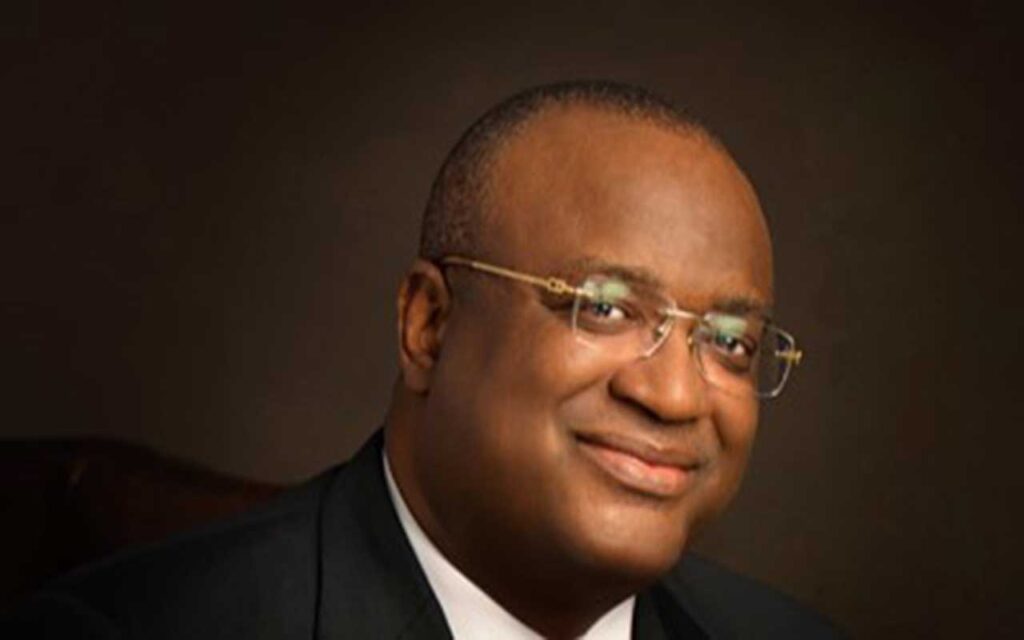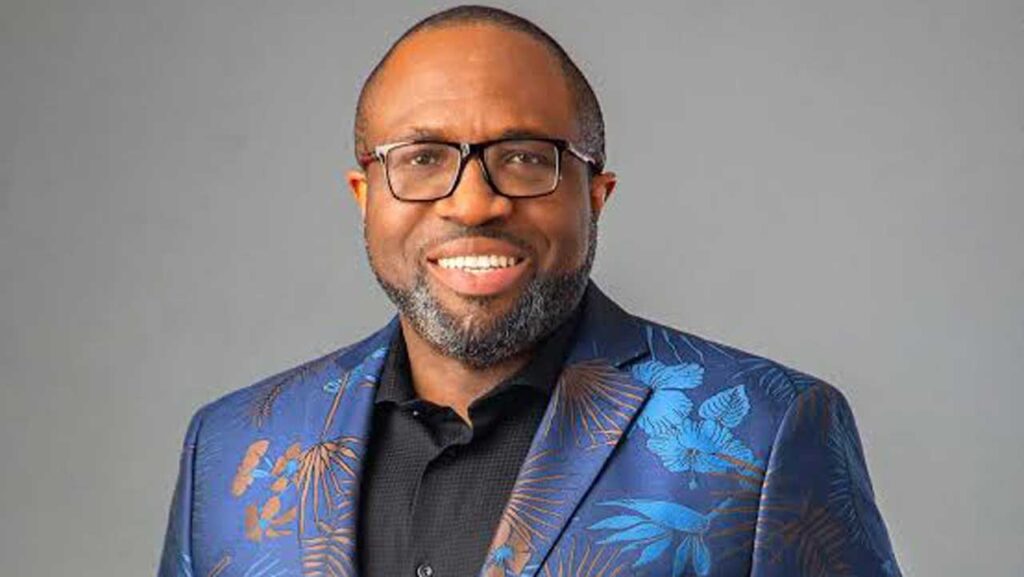
The Minister of State for Budget and National Planning, Prince Clem Agba, has declared that the government of President Muhammadu Buhari is certain about the nexus between law and development and believes that law can be used as an instrument to promote economic and social development.
This, he said, is because economic development involves much more than a country adopting the appropriate growth-enhancing policies, but the right application of the rule of law, since it is a prerequisite to draw foreign investments and boost economic growth.
Agba made the assertion during his goodwill message at the 15th edition of the Punuka yearly Lecture/Symposium organised to mark the 100 years celebration of the late Justice Chike Idigbe (JSC) in Abuja.
He noted that the memorialisation of the late jurist, who died on July 31, 1983, is a worthy addition to the evergreen legacies of a great patriot and nationalist, whose knowledge and application of the law has helped to promote and entrench progressive legal culture in Nigeria.
His words: “The centenary celebration of this legal sage is very appropriate, especially with the theme: ‘Honourable Justice Chike Idigbe JSC through his judgments in present day Nigeria’, that looks at his remarkable contributions to the legal profession.
“He was renowned for his landmark judgments, which continue to benefit Nigeria’s jurisprudence to this day. I, therefore, take this opportunity to commend the organisers of this event.
“I wish the late Justice Idigbe’s family well and as we honour his memory, let us remember that the key to legal excellence in a globalised world is for lawyers to be prepared with the relevant skills, knowledge, technological sophistication, diligence and justice which are the very ethos that Idigbe spent his legal years espousing.”
In his keynote address, Dr. Ekong Sampson, a senator-elect, Akwa Ibom South, noted that Justice Idigbe’s return to the Supreme Court in 1975 was a major catalyst of what could be described as a most progressive epoch in the history of the apex court. His judgments, he said, showed his preparedness to move the law and society forward.
According to him, he was never deterred by lack of or scant precedents.
“Even where there was a precedent, Justice ldigbe would carefully scrutinise it, as if with binoculars. In his search for justice, he, like the famous Lord Dennings, would not be unduly manacled by precedent or technicalities.
“For instance, the principal question that arose for determination in Ogbunyiya & Ors v. Okudo & Ors (1979) NSCC 77 was devoid of any direct judicial decision, authority or comment. Yet, Justice Idigbe deftly led the Supreme Court to fill the gap. At the Supreme Court, Idigbe wrote some of the most difficult, yet unassailable decisions, as he resolutely trod the path of substantial justice.
“The triumph of substantial justice over undue technicalities is an ideal that will strengthen public confidence in the judiciary. May I add that in realising this objective, even our Supreme Court should not shy away from revisiting earlier premises on which it erected a decision, if the circumstances call for that, in the interest of justice,” he charged.
Sampson added that he was a pathfinder who deployed profound brilliance and boldness to chart frontiers in law.
“Quite often, he made it clear that he stood for justice and the evolution of a better society,” he declared. Other dignitaries at the event included, former Head of State, Gen. Yakubu Gowon; Minister of Works and Housing, Babatunde Fashola (SAN); Vice Chairman of the Body of Benchers (BoB), Chief Adegboyega Awomolo (SAN), among others.
Calling for respect to judicial decisions in respect of the pending post-election disputes before the judiciary, Gowon said,” the judiciary serves as the bedrock of democracy, and it is only through a strong, independent and impartial judiciary that citizens can ensure the protection of our democracy and the advancement of this nation.”
According to him, the judiciary has overtime maintained its enviable status as the beacon of hope for our democracy, serving as the balance between every class and truly the hope of the common man.
He noted that Justice Idigbe’s unwavering commitment to upholding justice and the rule of law is a testament to his unflinching character and his belief in our nation evinced through his life and office.
“Justice Idigbe’s life and works, off and on the Bench exemplify the ideals of integrity courage and service,” he said. On his part, Fashola warned against unnecessary criticism of the nation’s courts, noting that they only dispense justice according to the law. He advised litigants and lawyers to always ensure that they present their cases and evidence in the required format to enable the court do justice as required by the law.
Also, Awomolo hailed the late jurist for his many indelible contributions to the development of the nation’s justice system.
“Reading through some of his decisions, he came across as one who deliberately lived a life of absolute integrity, honesty, humility and kindness and today his children and grandchildren celebrate and think of him as their role model,” Awomolo said.
The deceased’s son and Senior Partner in the law firm he founded in 1947, Chief Anthony Idigbe (SAN) stated that his father’s jurisprudence is still very relevant today.
According to him, his late father had a focus on substantive justice and he established in many cases that form should never override substance. Those principles, he admonished, should guide the action of our judges today.
“Some argue that there is no more adherence to judicial precedent, that it is dangerous for the system, because that is what makes law a science and the Judicial system strong.
“Knowing when to depart from precedent becomes quite significant to prevent abuse, and there is a lot of guidance from some of Justice Idigbe’s cases,” he said and called for a holistic judicial reforms.












